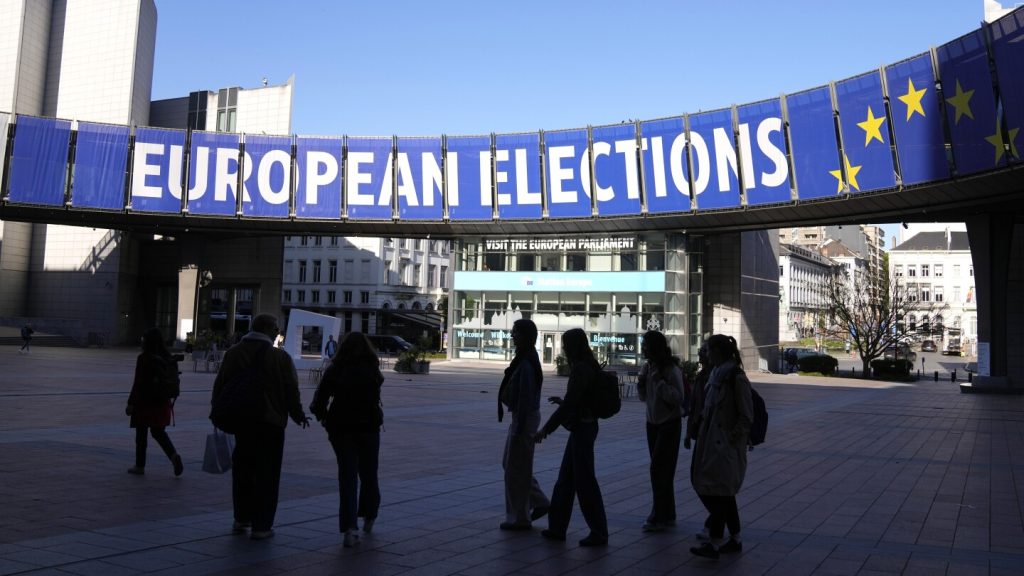An assassination attempt on Slovak Prime Minister Robert Fico has sent shockwaves across the European Union just weeks before the June elections. The incident highlights the increasing polarization in European politics, with mainstream parties facing off against populists and extremists. In recent years, aggressive discourse and heightened partisanship have replaced the politics of compromise that once defined European democracy. Fico, known for his confrontational style and anti-EU stance, has faced criticism for his policies and crackdown on dissent in Slovakia.
The attack on Fico comes amidst a wave of violence against politicians across Europe. In Germany, a Berlin politician was assaulted, while a candidate campaigning for the European Parliament election was beaten up. The rise in political violence is a major concern for the EU, as it undermines democratic values and discourse. The climate of hatred and mutual accusations has reached a tipping point, with politicians increasingly seen as enemies rather than opponents in a democratic system.
While the impact of the attack on Fico on the upcoming EU elections remains to be seen, analysts predict that it could galvanize support for his party in Slovakia. Fico’s anti-establishment stance and tough policies on migration and LGBTQ+ rights have resonated with some voters, despite concerns about democratic backsliding in the country. The shift towards populist parties on both the left and right is reflective of a larger trend across Europe, away from traditional centrist parties.
The assassination attempt on Fico underscores a disturbing trend of violence against political figures in postwar Europe. From the murder of Swedish Prime Minister Olaf Palme to the assassination attempt on German leader Wolfgang Schaeuble, politicians have been targeted by extremists in the past. The threat of violence, even if not carried out, has a chilling effect on democratic processes. Leaders like Geert Wilders in the Netherlands have faced persistent threats and required high levels of security to ensure their safety.
As Europe grapples with rising political tensions and threats of violence, the need for a return to civil discourse and respect for democratic norms has never been more pressing. The upcoming EU elections will be a critical test of the continent’s commitment to democratic principles and the rule of law. The attack on Fico serves as a stark reminder of the fragility of democracy in the face of extremism and polarization. It is imperative that European leaders and citizens come together to reject violence and embrace dialogue as the foundation of a healthy democratic society.















